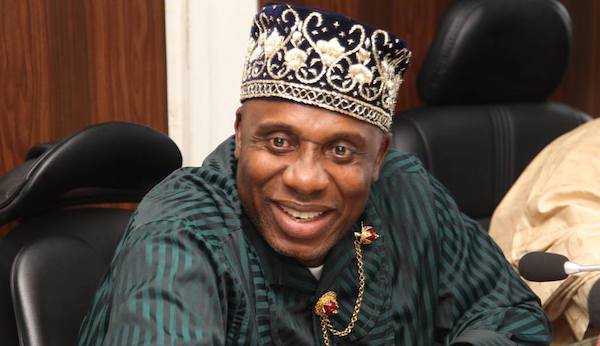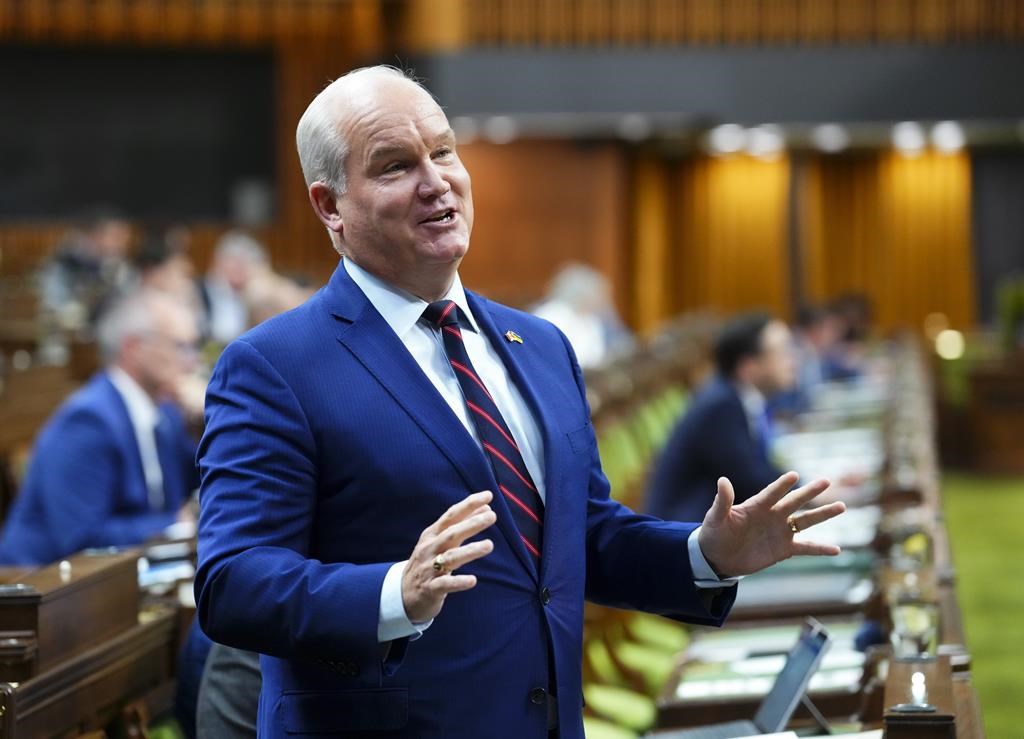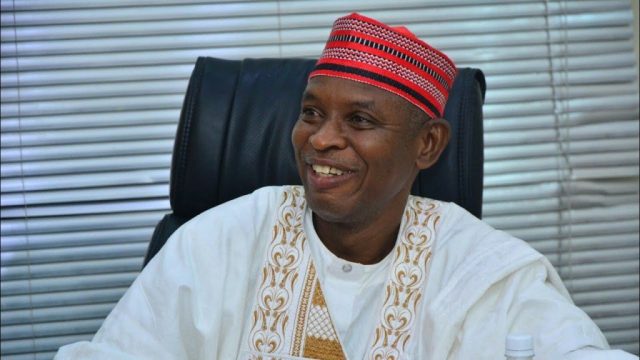Avoid These Common Money Mistakes for a Better Financial Future
Mastering good money habits is crucial for financial success. However, it's all too easy to fall into common pitfalls that can hinder our progress. In this article, we will explore thirteen common money mistakes and provide practical advice on how to avoid them.

Mastering good money habits is crucial for financial success. However, it's all too easy to fall into common pitfalls that can hinder our progress. In this article, we will explore thirteen common money mistakes and provide practical advice on how to avoid them. By understanding these mistakes and implementing the suggested strategies, you can pave the way for a more secure and prosperous financial future. Whether you are a seasoned saver or just starting your financial journey, these insights will empower you to make wiser decisions and achieve your money goals. So let's dive in and learn how to sidestep these money mistakes for good. Remember, sharing this knowledge with others will only amplify its benefits.
SOME MONEY MiSTAKES WE MUST AVOID!!!
- Don't borrow money with interest to start a business
Never borrow money that accrues interest to start a business . That is to say, never borrow money to start a business expecting that the business will generate income to pay back the borrowed money plus the interest.
- Never spend money you haven't received
Never spend money you haven't received. Don't even promise someone money based on a promise you have from someone else. If someone tells you: "Ezra, come to my office tomorrow at 9am and pick #30K"don't go out to buy items on credit based on this promise, with the hope that you will pay off your creditor when the promised money comes; it may not come as promised and this will leave you in problems with your creditors.

- Prioritize saving instead of spending
If you want to save, whenever you receive money, don’t start spending hoping that you’ll save what remains. Normally what remains is zero because as long as money to spend is available, the numerous things you can spend it on are also available. And things to spend on even incite their 'relatives' so that you spend even more than you had planned. When money to spend is not available, we naturally find a way of doing without it. That's why I've learnt to save with an INVESTMENT CLUB. Once I send money there I assume I no longer have it. Before you spend any money, put your savings aside then spend what is left after saving.
- Ask for ideas on how to make money, not for money itself
When you get an opportunity to meet a very wealthy person, never ask for money. Ask for ideas on how to make money. They may even choose to give you money on their own after seeing that your ideas are great, but let getting money from them never be your objective.
- Invest your savings instead of merely saving
Keeping your seed instead of planting it. Many people stop at saving. It's very, very difficult to save and have all you need to maintain your lifestyle especially after retirement. When you save, your savings are seed; plant it. When you just keep the seed (saving money) some seeds begin to die (eaten by inflation and the like). That's why I recommend that you read about the different types of investment vehicles you can use to grow your savings. I am not necessarily talking about putting the money in a business, because you can easily lose money in business. I am talking about putting it in an investment.
- Only lend money you are willing to lose
Never lend someone money you are not willing to lose. By the time you lend someone money, be contented in your heart that should the person fail to pay, you will not die. You should not even lose that person's friendship if they fail to repay the money you lent them. If you feel the person might fail to pay you and this will not affect your relationship with them, then lend them money. If their failure to pay would make you hate this person’s entire clan, please advise the person to go to the bank.
- Don't guarantee someone financially if you can't afford it.
Never append your signature to guarantee someone on a financial matter if you are not willing or able to pay the money on their behalf. Do I have to explain that one? No, it's self-explanatory.
- Keep money you don't intend to spend in a safe place
Avoid keeping money you don't intend to use in the short-term within easy reach. For instance, don’t walk with #100K in your pocket when all you plan to do in a day costs #20K. Like I mentioned in Money Mistake 3, there are always expenses available to gobble any money that is within reach, so if you don't want to lose it, put it away in a safe place.
- Avoid keeping money in inappropriate or easily accessible places.
Avoid keeping money in inappropriate places e.g. in socks, under the pillow, in a pit, in the sitting room, in the bra, in a travel bag that you will place somewhere in a bus ... impulse buying is a devil that will keep you busy!
- Don't spend on items you can do without
Spending money on an item that you can do without (at least for the time being). These days when I pick money from my pocket or wallet, before paying for something I ask myself: What would happen if I didn’t buy this? If I find I can live with the consequences of not having that thing, I smile and walk away.
- Avoid paying more than necessary for something of the same value
Paying an amount for something that's not the minimum you can get that same value for. In other words, if you are along east Legon road and you pay #5K for a shoe that you can get at #3K at Makola market, that's a money mistake except for those who have achieved financial freedom.
- Consistently spending all your earnings or more
Consistently spending all you earn or more than you earn. It's like having a drum where you have an inlet that's smaller than the outlet. It will never get full. And should the inlet ever reduce significantly the drum will run dry. If you do it the other way round and the inlet is bigger, it will get full and even overflow. Hence, we have to always ensure we are widening the inlet while narrowing the outlet – all the time. Your side hustle comes in handy!
- Balance short-term needs with long-term financial goals
Thinking about short-term only and forgetting about long-term or thinking about the long-term and forgetting about the short-term. For instance, Lydia was told that there's money in land. She saved money over a long period of time and bought 30 acres of land. Now she has the land but she is always broke. She is always complaining. She's disgruntled and she doesn't seem to see herself earning from the land in the near future. Now, let's ask ourselves: Having 30 acres of land and no money to feed your family or take a child to hospital, is that wealth or poverty? I think Lydia only looked at long-term needs and forgot that she has short-term needs that require money. What of those who find they are one paycheck away from salary? Are they thinking about the long-term needs?
Assess your financial habits and make changes accordingly. Share these valuable tips with friends to help them improve their financial prudence. Best of luck on your journey towards better financial management.
God bless you as you work on your financial prudence.
What's Your Reaction?





























































































